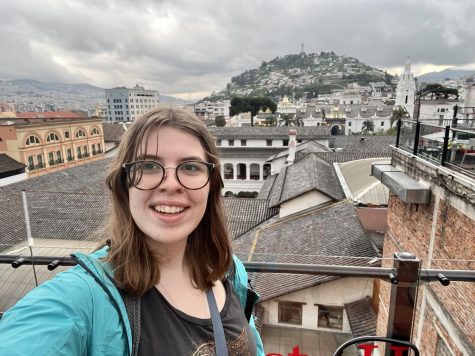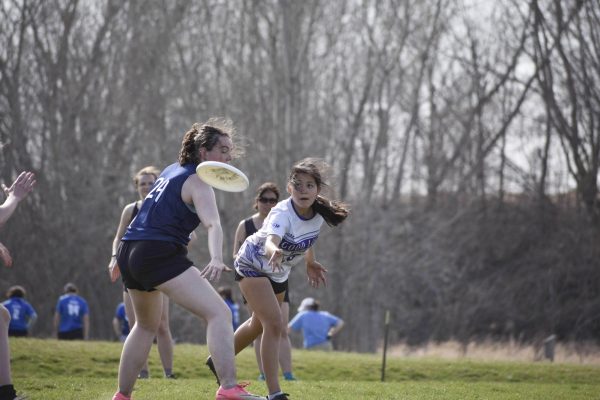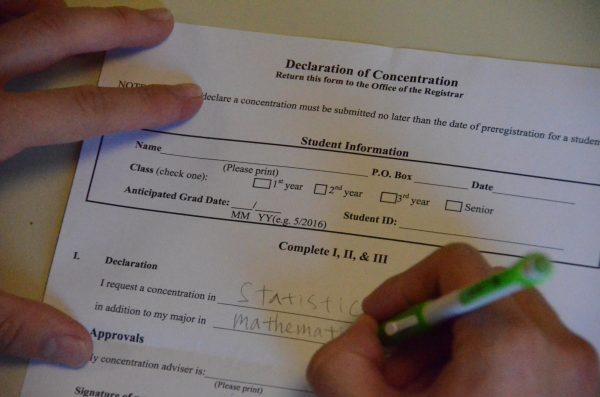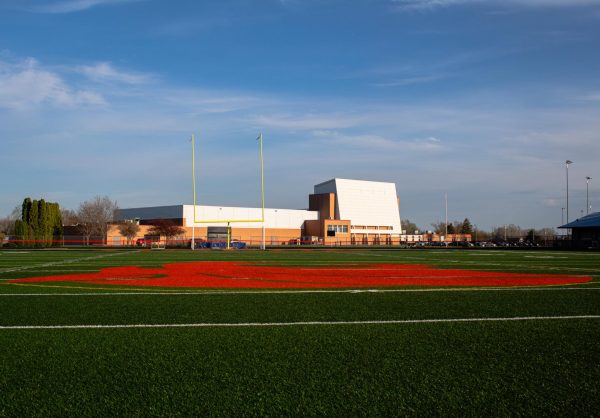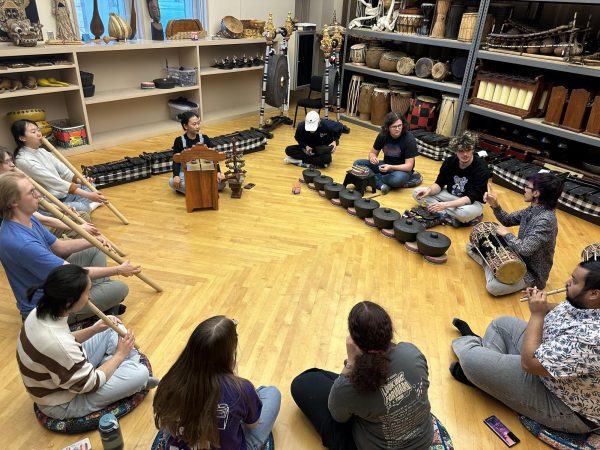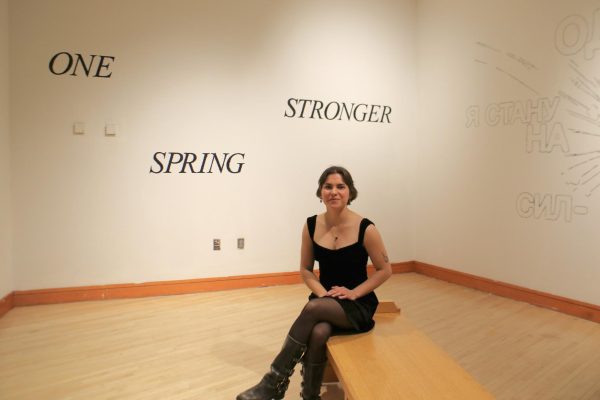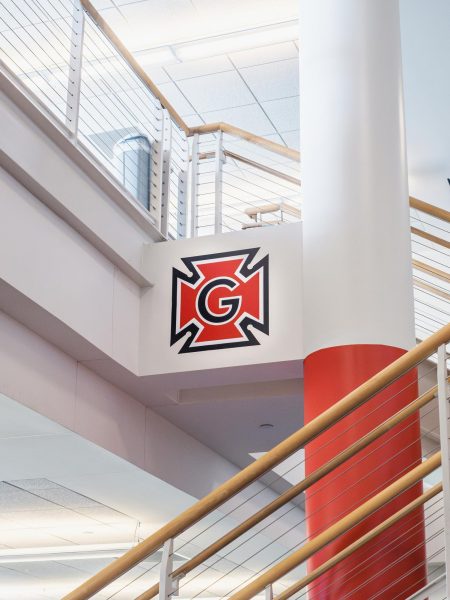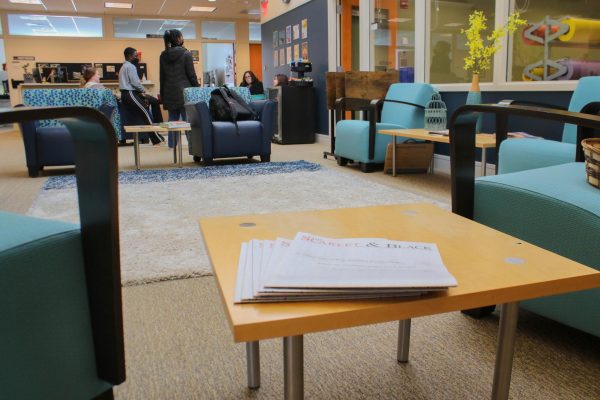Collective bargaining moves to mediation stage
April 9, 2023
The collective bargaining sessions between Grinnell College and the Union of Grinnell Student Dining Workers (UGSDW) moved to mediated sessions effective April 6. As the next step in bargaining to- wards an agreed-upon contract, future sessions, mediated by Jim Tuecke from the Federal Mediation and Conciliation Service, will be closed to public viewing.
UGSDW and the College’s collective bargaining teams have met three times since March 16, two of these sessions occurring during spring break. At these meetings, student data privacy and security, wages, hiring and training, hours and overtime and sanctuary campus proposals were discussed. UGSDW has also put forth their full comprehensive bargaining proposal.
UGSDW collective bargaining team proposed amendments modifying the “Diversity, Equity and Inclusion” article in the contract at the March 16 meeting. These proposals included protections for workers with disabilities, LGBTQ+ identities, religious affiliations and workers of color. The College expressed concern specifically over payroll software they may have no control over, using the example of a worker wishing to change their preferred name or pronouns. They also cited many of these proposals as already being protected under federal law.
UGSDW also brought forth a proposal allowing a two-week period of grace for student workers being trained in a new position or learning a new concept. The College said many workplaces understood student workers were being trained and generally wanted to avoid discipline for those new to a position. The College ultimately did not agree to the UGSDW’s full training proposal.
A “Sanctuary Campus” clause intended to prevent federal immigration authorities from being allowed in College workplaces was also proposed. The College argued there was no need for an article providing these protections in the contract since it is outside the scope of bargaining.
Finally, the College brought up issues with the recent work stoppage UGSDW facilitated on Wednesday, March 15. According to the College, UGSDW had put up signs saying workplaces were closed when they were not — the College also said the ultimate decision to declare a workplace as closed was up to the College.
Frank Harty for the College’s collective bargaining team said, “We will file an unfair labor practice charge if this conduct is repeated.”
In the first collective bargaining session held during spring break, the College and UGSDW discussed the hiring and training, hours and overtime and union rights clauses specifically. UGSDW’s proposal on hiring outlined desired stipulations for work expectations and the onboarding process. The College said most of the practices are already in place, and since hiring occurs be- fore a student enters the workplace, these practices would not technically involve a student worker part of UGSDW.
When discussing the article concerning union rights, UGSDW and the College disagreed when it came to the union meeting on campus. UGSDW said they wanted to continue the process of meeting on campus in accordance with other student groups — the College said UGSDW is classified as an outside group and must follow the rules of outside groups to reserve spaces on campus.
The final collective bargain- ing session held over spring break mainly discussed data security and wages.
The College insisted UGSDW sign both a Data Security Agreement and a Non-Disclosure Agreement if they continued to seek students’ personal information, including phone numbers and workplace employment — this would be along with students releasing this information through a Family Educational Rights and Privacy Act (FERPA) waiver. The College offered UGSDW access to this information in a locked office on campus, but only on paper.
Following UGSDW’s concern over tiered wages, the College also put forth a new wage proposal allot- ting student workers a starting base wage of $13.25.
As student workers, all staff members of the S&B will be included in future collective bargaining. The S&B remains an independent newspaper and is committed to maintaining its integrity in reporting.






























































